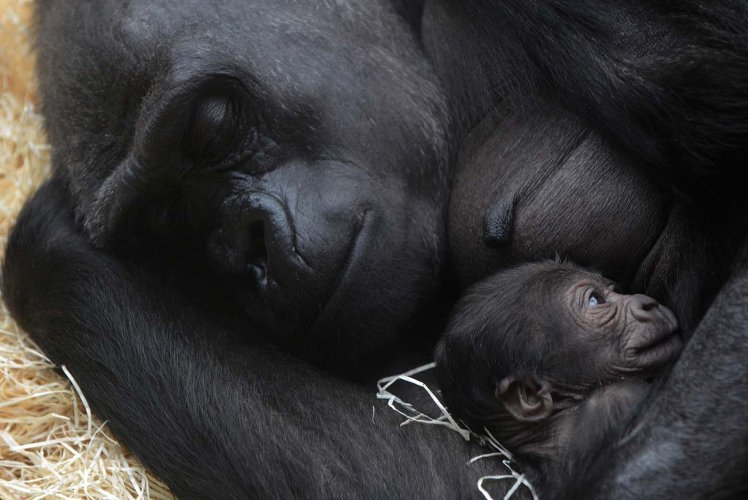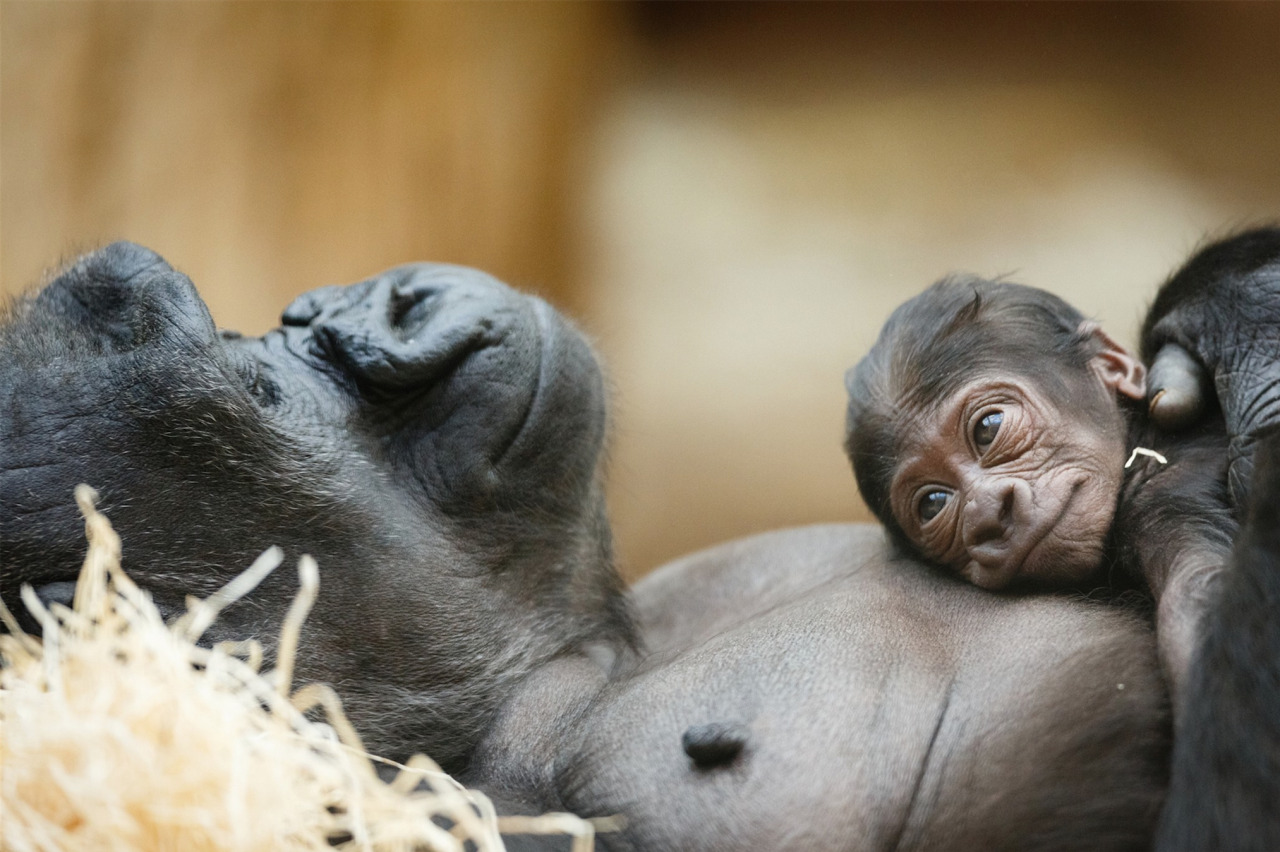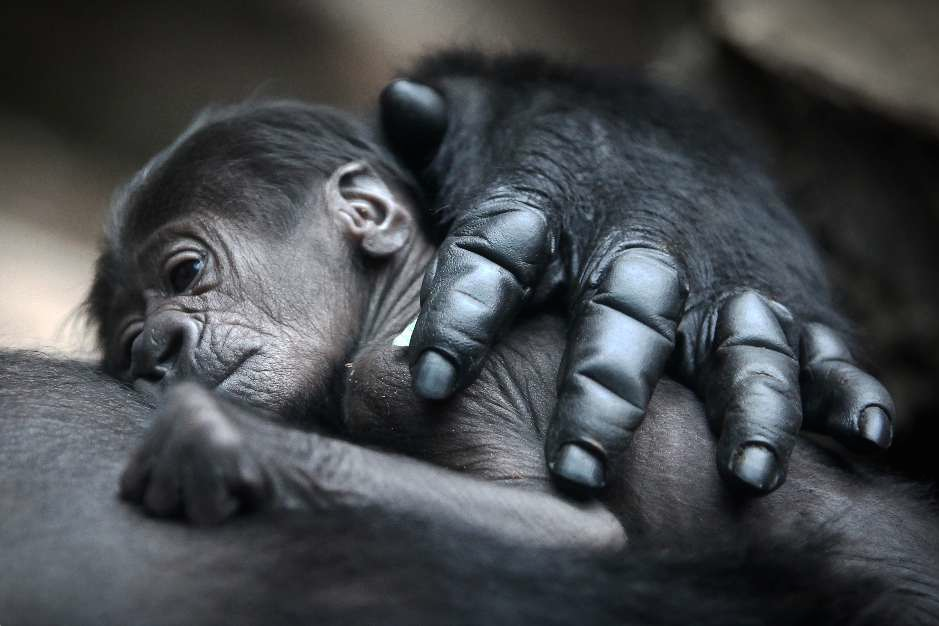 |
| Photos by michal cizek |
Props could certainly go to elephant mothers who endure staggering 22-month pregnancies. Also, polar bears. A female polar bear has to double her weight or else her body might absorb the fetus. (Both animals made Animal Planet’s list of “Top 10 Animal Moms.”) Then there are lions, who make especially benevolent mothers. In fact, each lactating mother in a pride will allow any offspring, including other females’ cubs, to nurse from her.

With so many factors to weigh, I took the question to Craig Saffoe, a biologist and curator of the Great Cats and Bears units at the Smithsonian’s National Zoo. “I think if you are looking at who are the best moms, you’d have to think about who protects their young, who ensures that their young survive to independence,” says Saffoe. “And then there is also just how they deal with the infants . Infants are so fragile, and not every animal is great with that.”
Saffoe is surprised by how good some animal mothers are though. “When you watch a crocodile, whose jaws are specifically built to crush bone , picking up these babies very gently and bringing them to water and taking care of them, it’s just phenomenal,” he says. “That maternal instinct kicks in.”

Of course, even if that maternal instinct is there, it is up to the individual animal whether or not to listen to it. “It’s just like with people. There are great moms, and then there are not so great moms,” says Saffoe. In April 2005, Zazi, one of the National Zoo’s female cheetahs, gave birth to six cubs, one of which was stillborn. “We watched her care for that cub as though it were alive. She was grooming it and moving it along with all the live cubs. That spoke to how good a mother she really is,” he says. “It’s being a good mother beyond what is reasonable, because in the wild that would not benefit her to try to care for that cub. It could potentially hurt her to expend the energy necessary to keep moving it along with all the others. Most carnivore moms in that situation would consume the offspring.” Saffoe admits a bias. He oversaw the breeding and birth of the cheetahs (and has cheetah tattoos). But Zazi, he says, has to be the best mother he has ever seen.

“Does that mean that cheetahs are the best moms? It is so subjective. I could also tell you stories that I’ve heard from colleagues who have said that their cheetahs have turned out to be terrible moms, to the point that they have either had to cross-foster their young or completely hand-rear them because the moms just weren’t paying attention to the cubs,” he says. “It’s totally individual.”
That said, Saffoe did make an argument for gorillas. “I’ve watched a gorilla nurture her young, and I don’t know if it’s just so close to home with primates, but if I had to pick a best mom, I think that the gorilla is a great mom,” he says. Gorillas are rather transient and though they learn to walk at five to six months old, the safest way for them to travel is on mom’s back. Young gorillas nurse until they are three to four years old and share their mom’s nest up until age six. “I can’t think of a case of a gorilla that I’ve heard being a neglectful or bad mom,” says Saffoe. “I can’t think of one.”



with less than 800 mountain gorillas and only 2500 eastern lowland gorillas left in the world, gorilla populations are now so low that birthing programs such of these are needed to ensure sufficient genetic diversity of the species.
No comments:
Post a Comment